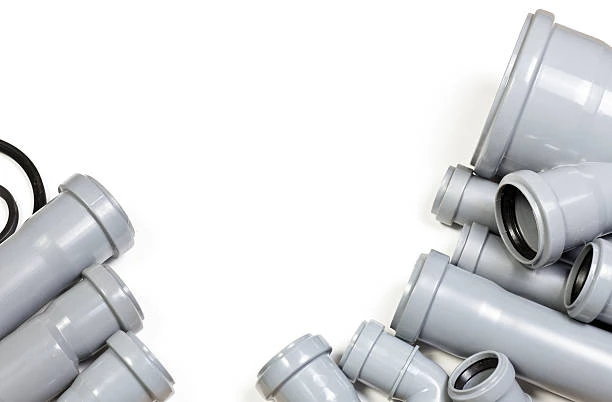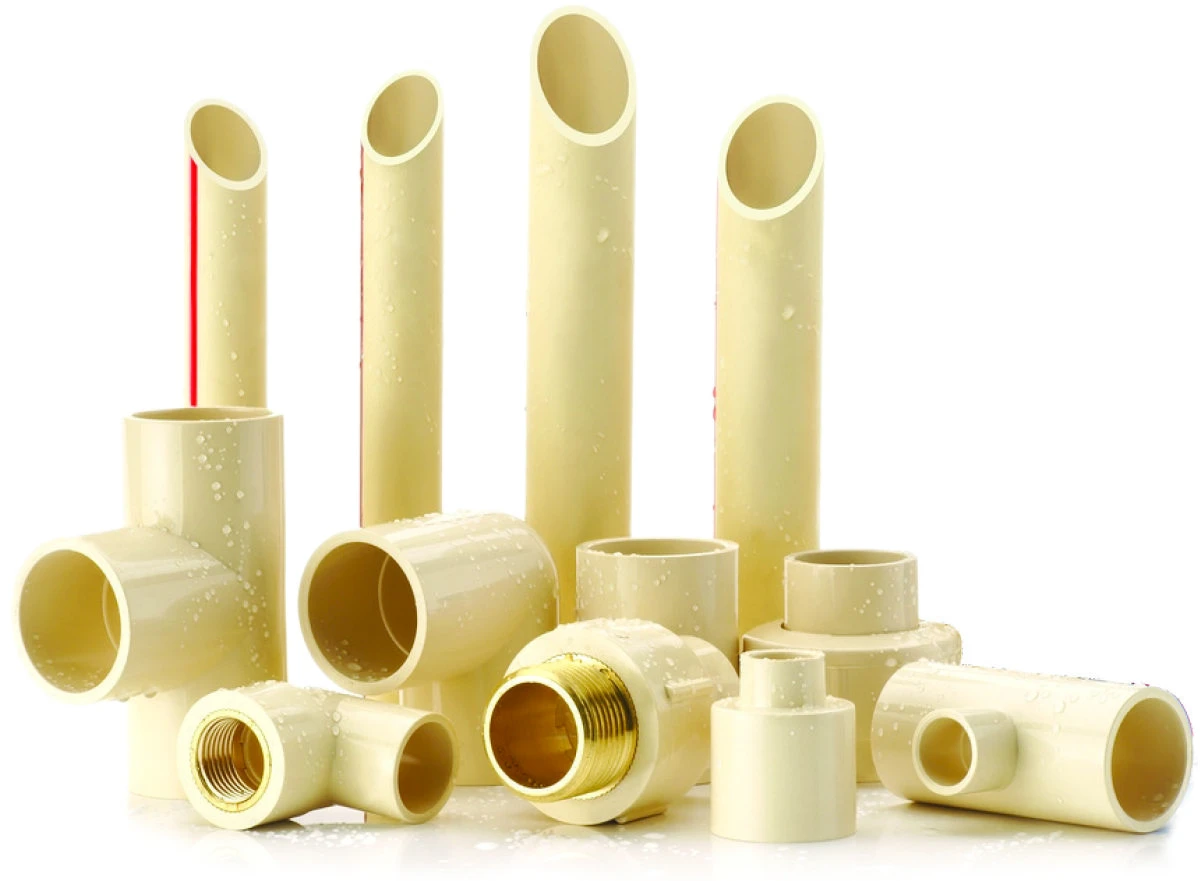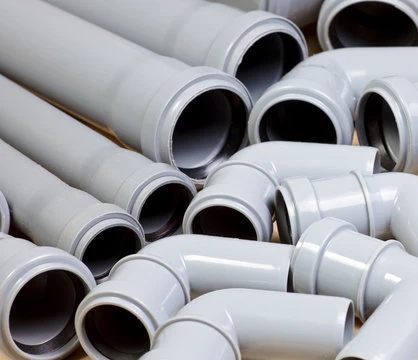Introduction: Growth of the Saudi Arabia Plastic Pipes Market
The Saudi Arabia plastic pipes market is poised for significant expansion in the coming years. With a rapidly growing construction sector, increasing urbanization, and a strong focus on sustainable infrastructure, plastic pipes are becoming essential components of the country’s industrial development. This article explores the factors driving the growth of the Saudi Arabia plastic pipes market and the opportunities for manufacturers and investors.
Key Drivers of the Saudi Arabia Plastic Pipes Market
Several factors are contributing to the robust growth of the plastic pipes market in Saudi Arabia. These include infrastructure development, the shift toward plastic materials, and a rising demand for cost-effective, durable piping solutions.
Expansion in Infrastructure and Construction Sectors
Saudi Arabia is undergoing significant infrastructure development, including the construction of new cities, residential complexes, and commercial buildings. The government’s Vision 2030 initiative, aimed at diversifying the economy, has driven investments in construction projects. These developments require efficient, long-lasting piping solutions, which plastic pipes provide due to their durability, lightweight nature, and resistance to corrosion.
Increased Urbanization and Population Growth
Urbanization in Saudi Arabia is advancing rapidly. As more people move to urban centers, there is an increasing need for water, sewage, and drainage systems. Plastic pipes, particularly those made from PVC, HDPE, and CPVC, are ideal for use in residential and commercial plumbing, sewage networks, and irrigation systems. As cities expand and populations grow, the demand for plastic pipes will continue to rise.
Shift Toward Plastic Materials Over Traditional Materials
Traditional piping materials like metal and concrete are being replaced by plastic pipes due to their numerous advantages. Plastic pipes are more affordable, easier to install, and resistant to corrosion and rust. This shift is driving increased demand for plastic pipes in various applications, from water distribution to gas supply systems.
Types of Plastic Pipes in the Saudi Arabian Market
The plastic pipes market in Saudi Arabia is dominated by various types of pipes, each with its own set of advantages. The most commonly used plastic pipes include PVC (Polyvinyl Chloride), HDPE (High-Density Polyethylene), and CPVC (Chlorinated Polyvinyl Chloride).
PVC Pipes: Versatile and Cost-Effective
PVC pipes are widely used in the Saudi Arabia market due to their versatility and cost-effectiveness. These pipes are commonly used in plumbing, irrigation, and sewage systems. PVC pipes are lightweight, easy to install, and resistant to chemicals, making them an ideal choice for water distribution and drainage applications.
HDPE Pipes: Durable and High-Performance
HDPE pipes are known for their strength and flexibility. These pipes are highly resistant to corrosion and can withstand extreme temperatures, making them ideal for use in gas and water distribution networks. With a growing focus on sustainability and the environment, HDPE pipes are becoming increasingly popular in the Saudi Arabian market.
CPVC Pipes: High-Temperature Resistance
CPVC pipes are widely used for hot water systems, as they can withstand higher temperatures compared to regular PVC pipes. As the demand for durable and temperature-resistant pipes grows, CPVC is becoming a more sought-after material in Saudi Arabia.
Benefits of Plastic Pipes in Saudi Arabia
Plastic pipes offer numerous benefits that make them ideal for various applications in the Saudi Arabian market. These benefits have been a major factor in their widespread adoption across different industries.
Durability and Longevity
Plastic pipes, particularly those made from HDPE and PVC, are highly durable and have a long lifespan. They are resistant to corrosion, scaling, and degradation from chemicals and harsh environmental conditions, which makes them ideal for use in water and sewage systems.
Cost-Effectiveness and Ease of Installation
Plastic pipes are significantly more affordable compared to traditional materials such as metal or concrete. The installation process is also faster and easier, reducing both material and labor costs. These cost-saving advantages make plastic pipes a popular choice for developers and contractors in Saudi Arabia.
Resistance to Corrosion and Chemical Damage
Plastic pipes are immune to corrosion, unlike metal pipes, which can rust over time. This property makes plastic pipes highly suitable for use in aggressive environments, such as chemical processing plants or areas with highly acidic or alkaline water. The corrosion resistance of plastic pipes also ensures a longer lifespan and reduced maintenance costs.
Lightweight and Flexible
Plastic pipes are much lighter than metal pipes, making transportation and installation easier. The flexibility of plastic pipes allows them to bend and curve without breaking, reducing the need for additional fittings and joint materials. This makes plastic pipes a preferred option for complex or long pipeline installations.
Applications of Plastic Pipes in Saudi Arabia
Plastic pipes are used in a wide range of applications across various industries in Saudi Arabia. These applications are driving the demand for plastic pipes in both residential and industrial sectors.
Water Distribution Systems
Plastic pipes are extensively used in water distribution networks throughout Saudi Arabia. As the country faces challenges related to water scarcity, efficient water management systems are essential. Plastic pipes, particularly PVC and HDPE, are ideal for water distribution systems due to their resistance to corrosion and their ability to handle large volumes of water without leaking.
Sewage and Drainage Systems
The demand for sewage and drainage systems is also growing in Saudi Arabia, driven by urbanization and infrastructure development. The use of plastic pipes in sewage systems ensures that the infrastructure remains reliable and cost-effective over the long term.
Oil and Gas Pipelines
The oil and gas industry in Saudi Arabia is one of the largest in the world, and plastic pipes play a vital role in the transportation of gas and oil. HDPE pipes are particularly popular for these applications due to their ability to withstand extreme pressures and temperatures. They are also resistant to corrosion, which is essential for long-lasting pipelines in harsh conditions.
Irrigation Systems
Saudi Arabia’s agricultural sector also relies on plastic pipes for irrigation systems. As the country works to increase food production in an arid climate, efficient irrigation systems are essential. Plastic pipes are lightweight and easy to install, making them an ideal solution for irrigation networks. The durability and resistance to corrosion of plastic pipes ensure long-lasting performance in the harsh climate.

Challenges for the Saudi Arabia Plastic Pipes Market
While the plastic pipes market in Saudi Arabia is growing rapidly, there are still some challenges that manufacturers and industry stakeholders must address.
Fluctuating Raw Material Prices
The prices of raw materials used in plastic pipe production, such as PVC and HDPE, can fluctuate due to changes in global supply and demand. This can impact production costs and affect the pricing of finished products. Manufacturers will need to manage these fluctuations carefully to maintain profitability and competitiveness.
Environmental Concerns
Despite the many benefits of plastic pipes, there are environmental concerns related to the production and disposal of plastic materials. As sustainability becomes a greater focus globally, plastic manufacturers will need to invest in recycling technologies and adopt eco-friendly practices to reduce their environmental footprint. The Saudi Arabian market will likely see increased demand for recyclable and biodegradable plastic pipes in the future.
Competition from Alternative Materials
Although plastic pipes offer numerous advantages, they face competition from alternative materials such as steel and concrete. PVC and HDPE manufacturers must continue to innovate and highlight the unique benefits of plastic pipes to stay competitive.
Future Outlook for the Saudi Arabia Plastic Pipes Market
The Saudi Arabia plastic pipes market is expected to continue its growth trajectory over the next decade. With the government’s Vision 2030 initiative driving infrastructure development, there will be an increasing need for efficient and durable piping solutions. As urbanization increases and the demand for water, sewage, and gas systems rises, plastic pipes will continue to play a crucial role in meeting these needs.
Technological Advancements in Arabia Plastic Pipes Market
Innovations in materials, manufacturing techniques, and recycling processes will improve the performance and sustainability of plastic pipes. As manufacturers adopt more advanced technologies, they will be able to offer higher-quality products at lower costs.
Expansion in Arabia Plastic Pipes Market
As the country continues to invest in infrastructure projects in the broader Middle East and North Africa (MENA) region, Saudi Arabian manufacturers of plastic pipes will have opportunities to expand their reach into emerging markets. This will help increase the market share of Saudi Arabian plastic pipe manufacturers on the global stage.
Conclusion in Arabia Plastic Pipes Market
The Saudi Arabia plastic pipes market is set for robust growth, driven by the country’s expanding infrastructure, urbanization, and the advantages of plastic materials over traditional piping solutions. With ongoing investments in construction and development projects, the demand for plastic pipes will continue to rise.
Frequently Asked Questions (FAQs)
- What are the main drivers of the Saudi Arabia plastic pipes market?
The main drivers include infrastructure development, urbanization, and the shift toward cost-effective, durable, and sustainable piping solutions. - What types of plastic pipes are used in Saudi Arabia?
PVC, HDPE, and CPVC pipes are commonly used for water, sewage, and gas distribution in Saudi Arabia. - What industries use plastic pipes in Saudi Arabia?
Plastic pipes are used in the water, sewage, oil and gas, and irrigation industries in Saudi Arabia. - What are the benefits of plastic pipes over traditional materials?
Plastic pipes are lightweight, durable, resistant to corrosion, cost-effective, and easy to install compared to metal or concrete pipes. - What challenges does the Saudi Arabia plastic pipes market face?
Challenges include fluctuating raw material prices, environmental concerns, and competition from alternative materials like steel and concrete.


















